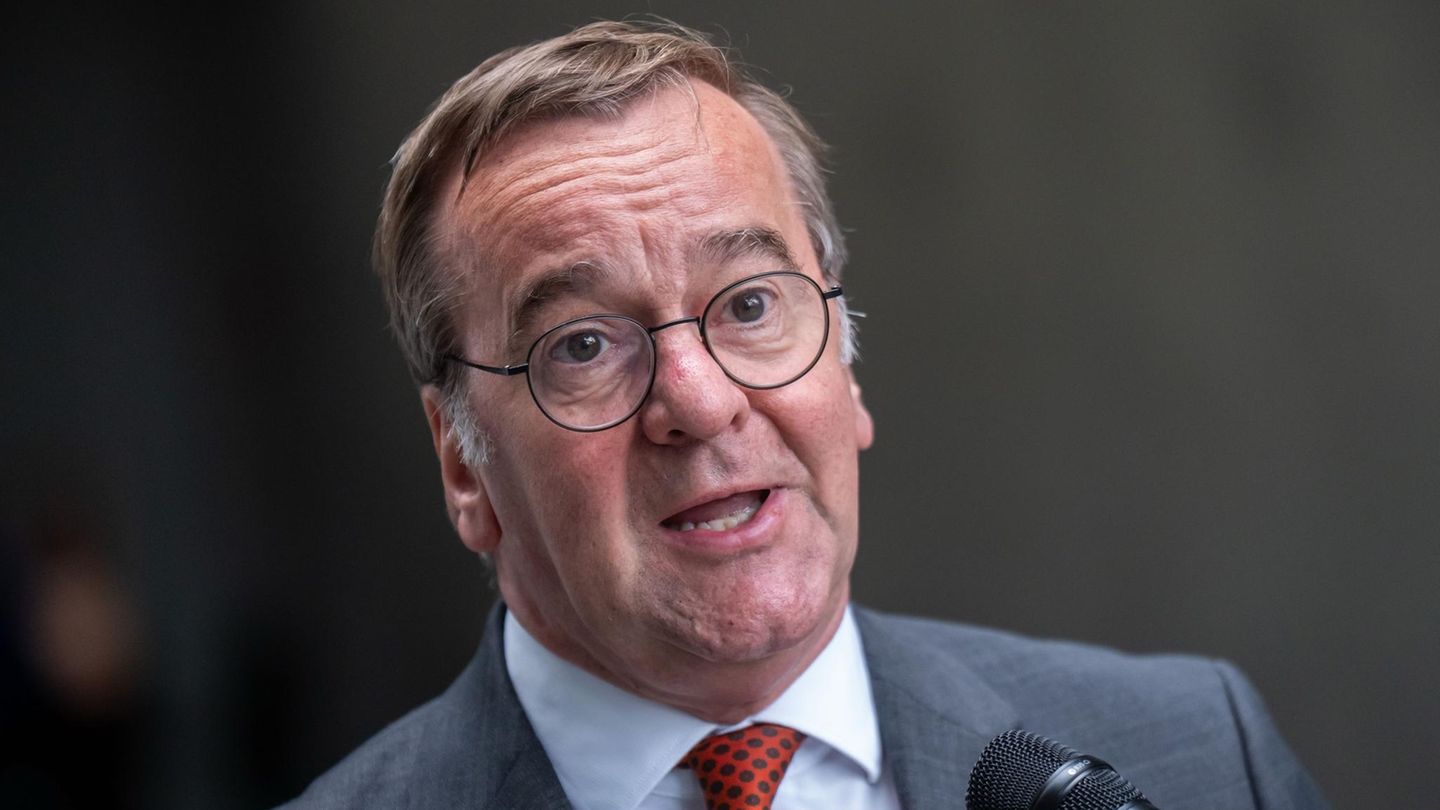The aggressive reduction of interest rate reference of the central bank poses for the market a potential scenario of a stronger fall in inflation than that reflected by private consulting firms these days, so according to the actions of the monetary authority it is more than likely that the CPI for April will be closer to 8 %.
In the Secretariat of Economic Policy of the Ministry of Economy estimated at the beginning of last month an inflation of 8% for the period, while for May represents a 5%.
Hence, some operators consulted by Ámbito think that the strong correction that the BCRA is carrying out, which went from 80% to 50% annually in less than a month, is due to the fact that economy prices are collapsing.
Unlike what happened last year, when the entity’s board of directors waited to see the Core CPI for the final month to decide where to place the reference interest, now they are doing so looking ahead.
The entity that leads Santiago Bausili It is obliged, by its objectives, to maintain a stable relationship between the rise of financial dollars, the official currency and the interest rate to clean up the entity’s balance sheet by eliminating the quasi-fiscal deficit generated by remunerated liabilities.
Eugenio Mari, chief economist of the Libertad y Progreso Foundation (LyP), agrees with the markets’ view that the BCRA is moving its rate downward because in the future it sees a drop in the cost of living. “The Central Bank is starting to move like normal central banks, That is, based on the expected inflation rate and not the past one,” he explained.
Marí considered that it is necessary pay attention to core inflation in the coming months, That is, the prices of products that do not vary seasonally. In the survey of LyP in April gave 5% and it is expected that in May it will drop somewhat more.
The economist noted that “It is logical that the low rate is anticipated”since if the effective monthly rate is taken equivalent to 50% annually, it is of the order of 4.2%, which suggests that this new reduction sees that in the next 30 days inflation will be slightly higher.
On the other hand, he analyzed, the reduction of the rate can also be a trigger for “redistribute credit”, since until now the banks were content with raising funds and placing them in the parent financial institution. Now they will have to look to lend it to the private sector, so it does not rule out that there will be a greater supply of personal and consumer loans.
Consulting firms see falling inflation
The inflation reports released by the Libertad y Progreso Foundation, the Orlando J. Ferreres Study Center (OJF) and the consulting firm C&T record a drop in inflation to single digits in April.
For LyP, retail prices rose 8.4% last month, with a monthly slowdown of 2.6 percentage points, completing an increase of 64.4% and year-on-year growth of 287.8% so far in 2024.
For its part, the entity directed by Fausto Spotorno limits its measurement to Greater Buenos Aires, where inflation was 9.6%, a difference that reveals the greater weight of the increases in regulated prices, with a higher incidence in the AMBA than in the interior of the country.
While, C&T indicated that retail prices in Greater Buenos Aires showed an increase of 8.7%, with the particularity that the bulk was concentrated in the first week of the month, due to the impact of adjustments in public service rates.
The preponderance of regulated prices in the general number was evidenced by the variation in core inflation, which reached 6.9%, and the Food and Beverages category, with an increase of 6.8%, according to the measurement of the entity directed by María Castiglioni and Camilo Tiscornia.
The April CPI will leave a drag of 1 percentage point for May, 8 tenths less than in March, which allows it to project a variation of around 7% for this month, with core inflation moving around 5% monthly, LyP points out.
Source: Ambito




